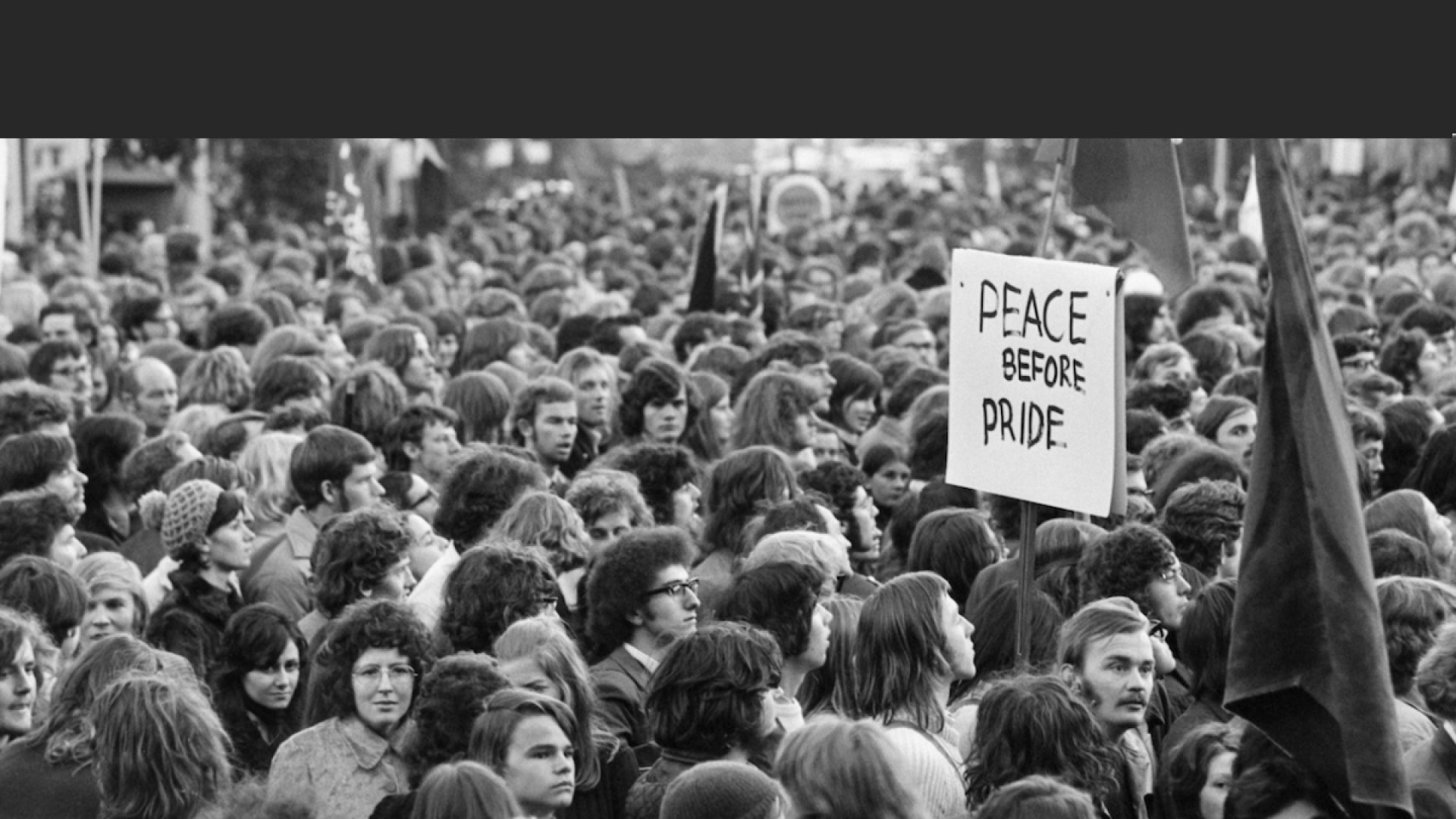By Phillip Deery
The 17-18 July 2021 edition of the Weekend Australian featured an article by the film critic, David Stratton, on perhaps the greatest entertainer of the twentieth century. Entitled ‘Charlie Chaplin: the silent revolutionary’, it was prompted by the centenary of Chaplin’s first feature-length film, ‘The Kid’. The article discussed Chaplin’s many classic films, such as the anti-Fordist Modern Times and the anti-Nazi The Great Dictator. Stratton also mentioned Chaplin’s leftist political views, and how Chaplin’s alleged communist sympathies led to a subpoena to testify before the House Un-American Activities Committee in 1947 during its investigation into communists in the film industry that culminated in the Hollywood Ten trials of 1948-50.

But there is much more to the political harassment and persecution of Charlie Chaplin. J. Edgar Hoover first took an interest in the ‘little tramp’ in 1922, the year after ‘The Kid’ opened. But it was not until World War II that his FBI file, numbered 100-127090, began to thicken. FBI agents noted that he was the main speaker at a CPUSA-backed Artists Front to Win the War in Carnegie Hall on 16 October 1942, which called for a second front. He addressed the crowd as ‘comrades’ and praised the Soviet Union, then a wartime ally. They also noted that he made contributions to a range of labour movement and Communist Party ‘front’ organisations, associated with radicals, and expressed contempt for red-baiters and countersubversives. He called for greater social justice at home and tolerance for communists.
With the onset of the Cold War, the political environment changed, but Chaplin did not. He neither retreated from his beliefs nor betrayed his friends. He continued to support left causes, challenge HUAC’s citations of contempt against the Hollywood Ten, and defiantly defend individuals under threat of deportation, such as the Australian labour leader Harry Bridges and the Austrian composer Hanns Eisler. His ideas were closely aligned to those of Henry Wallace, a former vice-president whose left-wing Progressive Party Chaplin supported in the 1947 presidential election. He attacked America’s unregulated capitalism and sought fundamental reform: ‘I don’t want the old rugged individualism’, Chaplin stated in 1947, ‘rugged for a few, ragged for the many’. All this, and more, was sufficient for the FBI, which confused dissent with disloyalty, to regard him as a significant ‘fellow traveller’ or, worse, a dangerous concealed communist. Hoover repeatedly demanded his field agents produce incriminating reports on Chaplin’s political activities and connections, but none – much to Hoover’s chagrin – was able to find any evidence of whether Chaplin ‘is now or has ever been’ a member of the Communist Party or even a contributor to Party funds.
However, the FBI fed information to other sources, a not uncommon practice, in the hope of tarnishing Chaplin’s reputation and diminishing his popularity. One source was the well-known Hollywood gossip columnist Hedda Hopper, who smeared Chaplin with unsubstantiated assertions and called for his deportation. As the McCarthyist atmosphere deepened, more mainstream press outlets and television hosts (like Ed Sullivan) joined the mud-slinging chorus and fuelled the countersubversive attack. Little wonder that Chaplin told reporters: ‘These days, if you step off the curb with your left foot, they accuse you of being a Communist’.
Xenophobia became entwined with anticommunism. The fact that British-born Chaplin never took out US citizenship despite living and paying taxes there since 1919 (‘I am a citizen of the world’, he once proudly declared), fed a growing public perception that he was an ‘undesirable alien’. Xenophobia has a long and ugly history in the US but when it fused with political intolerance, as it did in the early Cold War, aliens were designated a threat, both disloyal and subversive. Chaplin’s leftist views were linked to his non-citizenship and his lifelong internationalism and he became a leading target. Right-wing, ‘patriotic’ organisations like the American Legion and the Catholic War Veterans organised campaigns to picket and boycott his motion pictures, pressured television stations from advertising his films and petitioned exhibitors to cancel scheduled screenings. In large measure, these efforts were successful: his last two films made in Hollywood were box office hits in Europe but failed financially in the US.
Meanwhile, the FBI intensified its surveillance. It placed Chaplin on a ‘Security Card Index’ (which enabled listed ‘subversive’ individuals to be detained during an emergency), liaised with the Treasury Department, which sought his tax records, and the Immigration and Naturalization Service, which sought his deportation. It was the FBI-INS collaboration that sealed Chaplin’s fate. On 17 September 1952, Chaplin and his family boarded the Queen Elizabeth bound for Europe to promote his latest film. Two days later the US Attorney General James McGranery, after consultation with Hoover, revoked his re-entry permit to the country. McGranery attacked Chaplin’s ‘leering, sneering attitude toward a country whose hospitality has enriched him’ to which the communist Daily Worker responded: ‘Now the world’s bully threatens the world’s clown’. Chaplin did not return to the US until 1972, when he was presented with an Academy Award; he was given a twelve-minute standing ovation, as much in penance as in recognition.
I have written at greater length about the impact of McCarthyism on Chaplin’s close friend, a harmonica player who was also exiled from America and, like Chaplin, hounded by the FBI even after relocating to Europe (see ‘Larry Adler and the Cold War, Labour History, no. 101, November 2011). But this brief note on a better-known entertainer, Charlie Chaplin, hints at the character and consequences of aggressive surveillance and political repression. It is also a reminder that when an individual preaches values that deviate from the dominant political norms, attempts to harass, intimidate or silence by the state invariably follow.

Good one, Phil!